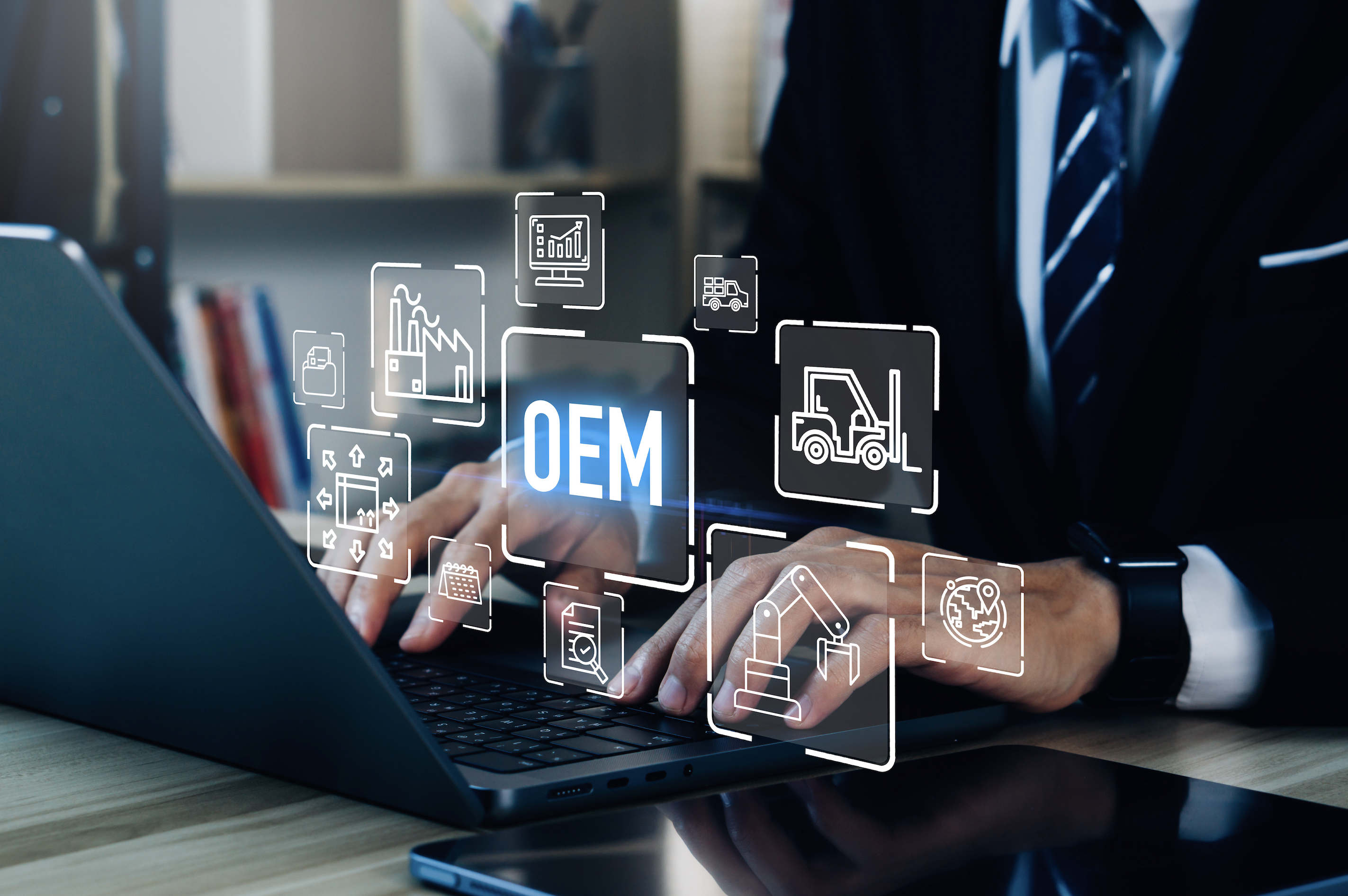
Customer Relationships
Using the Internet of Things (IoT) can build tight, long-lasting customer relationships by enhancing their experience and delivering value in multiple ways.
Here are some key ways IoT can strengthen customer relationships:
1. Personalization and Customization
- Tailored Experiences: IoT devices collect real-time data from customer interactions, allowing businesses to provide personalized recommendations and experiences. For instance, a connected product could suggest maintenance schedules based on usage or offer upgrades tailored to a customer’s needs.
- Adaptive Products and Services: With IoT, products can be adapted or customized based on customer preferences, usage patterns, or environments, fostering a more personal relationship between the customer and the brand.
2. Proactive Support and Predictive Maintenance
- Preventing Issues Before They Happen: IoT devices enable predictive maintenance by monitoring equipment health and real-time performance. Sensors can detect anomalies in a machine’s operation and alert both the manufacturer and the customer before a breakdown occurs. Asset health alerts in real-time minimize downtime and improve the overall customer experience and by extension Customer Relationships.
- Seamless Customer Support: With IoT, companies can offer proactive customer service. If a connected product experiences an issue, customer support can contact the customer to provide a solution before they even realize there’s a problem. This proactive engagement builds trust and reliability.
3. Improved Customer Experience and Convenience
- Real-Time Assistance: IoT systems can provide customers with real-time data and updates about their products. For example, customers can receive smartphone notifications when specific actions are needed (e.g., refills, software updates, or performance alerts). Real-time mobile notifications offer convenience and reinforce a sense of care from the brand.
- Remote Monitoring and Control: Customers can control and monitor IoT-enabled products from anywhere using apps, increasing convenience and satisfaction. Think of smart home systems where customers can remotely adjust lighting or security systems—this enhances the user experience and strengthens customer loyalty.
4. Enhanced Transparency and Trust
- Real-Time Status and Updates: By integrating IoT data with customer-facing apps or websites, businesses can offer transparency about processes such as shipping, service schedules, and product conditions. Customers can track deliveries or service appointments in real-time, making them feel in control and more trusting of the brand.
- Traceability and Accountability: For industries such as manufacturing or food production, IoT can track product lifecycles, ensuring quality, safety, and regulatory compliance. This traceability builds customer confidence, as they can verify the authenticity and quality of the products they buy.
5. Continuous Engagement and Communication
- Ongoing Interaction: IoT devices enable continuous customer engagement. Connected products allow brands to maintain an ongoing dialogue with customers through notifications, reminders, and product tips or usage insights. This constant touchpoint reinforces the brand’s presence in the customer’s life, deepening the relationship.
- Two-Way Communication: IoT allows customers to provide feedback directly through connected devices or mobile apps. This real-time feedback helps companies understand their customers better and respond quickly to their needs, creating a more dynamic and responsive customer relationships.
6. Enhanced Product Value and Performance
- Upgraded Capabilities: IoT allows manufacturers to improve product performance over time through software updates, new features, and cloud-based services. Companies that keep products updated and continually enhance their capabilities show customers they are committed to delivering long-term value.
- Connected Ecosystem: Brands can offer customers a connected ecosystem by integrating IoT across multiple products or services. For instance, a manufacturing facility can seamlessly integrate various devices (lights, thermostats, andon lights, security systems, etc.), creating more value and encouraging investment in the ecosystem.
7. Fostering Customer Loyalty
- Membership and Rewards Programs: IoT devices enable companies to track customer usage and engagement. This data can be used to design loyalty programs that reward customers for regular use or positive behaviors, further incentivizing them to stick with the brand.
- Exclusive Services: Offering premium, IoT-powered services (e.g., remote diagnostics, personalized product advice) can create a sense of exclusivity. Customers are more likely to remain loyal if they feel they are getting exclusive perks or value from the brand.
8. Data-Driven Insights for Personalized Solutions
- Customer-Centric Innovations: By analyzing the data collected from IoT devices, companies can gain a deep understanding of how customers use their products and services. These insights can lead to product innovations or improvements that directly address customer pain points, showing that the brand is responsive to their evolving needs.
- Personalized Marketing and Offers: IoT data helps companies segment their customer base more effectively and target individuals with customized offers, promotions, or product recommendations, increasing relevance and engagement.
9. Building Emotional Connections
- Humanizing Technology: IoT technology can make customers feel like a brand understands and caters to their needs. For instance, an IoT-enabled healthcare device could remind elderly patients to take their medication or alert a caregiver when something is wrong, creating an emotional bond through trust and care.
- Empowerment and Control: IoT gives customers more control over their products and services, empowering them. When a brand offers solutions that make life easier, more efficient, or safer, it forges an emotional connection that fosters long-term loyalty.
10. Sustainability and Social Responsibility
- Eco-Friendly Solutions: IoT systems that optimize energy usage, reduce waste, or improve resource management can align with customers’ values, especially eco-conscious ones. Customers are more likely to develop a tight bond with brands that demonstrate a commitment to sustainability through IoT innovations.
Conclusion
IoT is not just about technology; it’s about building trust and fostering long-term customer relationships. By delivering personalized, proactive, and convenient experiences, IoT enables businesses to provide continuous engagement, real-time insights, and value-added services. This, in turn, fosters trust, loyalty, and ultimately enhances brand value.
Check out our next blog here: The Critical Role of IoT Data in AI and Machine Learning for the Future or our previous blog here: Why Manufacturers Want Branded IIoT and Customer Experience (CX) Websites and Apps.
